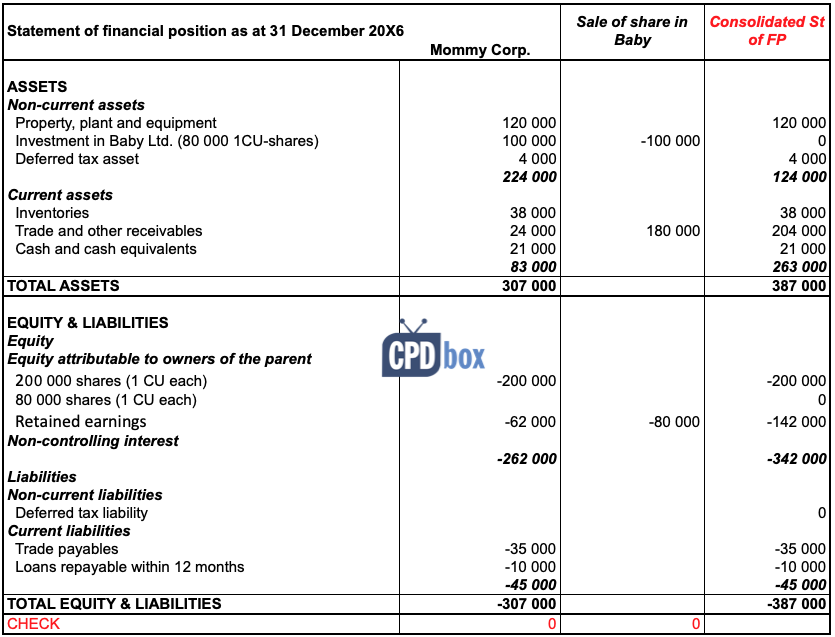
If you’re missing transactions in your personal records, add them and deduct the amount from your balance. If you’re finding withdrawals that aren’t listed on the bank statement, do some investigation. If it’s a missing check withdrawal, it’s possible that it hasn’t been cashed yet or wasn’t cashed by the statement deadline. How you choose to perform a bank reconciliation depends on how you track your money.
How To Do A Bank Reconciliation: Step By Step

Therefore, such adjustment procedures help in determining the balance as per the bank that will go into the balance sheet. We offer reconciliation reports, discrepancy identification, and live accountants to work with for ease and confidence when closing your books. For the past 52 years, Harold Averkamp (CPA, MBA) hasworked as an accounting supervisor, manager, consultant, university instructor, and innovator in teaching accounting online.
If your beginning balance in your accounting software isn’t correct, the bank account won’t reconcile. This can happen if you’re reconciling an account for the first time or if it wasn’t properly reconciled last month. You should perform monthly bank reconciliations so you can better manage your cash flow and understand your true cash position. Read on to learn about bank reconciliations, use cases, and common errors to look for. Bank reconciliation statements are tools companies and accountants use to detect errors, omissions, and fraud in a financial account. Bank reconciliation is a simple and invaluable process to help manage cash flows.
Transposition error
- The time saved can be redirected towards more strategic financial planning and analysis, ultimately benefiting the overall financial health of the company.
- This is to confirm that all uncleared bank transactions you recorded actually went through.
- We’re going to look at what bank statement reconciliation is, how it works, when you need to do it, and the best way to manage the task.
- However, there may be a situation where the bank credits your business account only when the checks are actually realised.
You only need to reconcile bank statements if you use the accrual method of accounting. This is to confirm that all uncleared bank transactions you recorded actually went through. There could be transactions unaccounted for in your personal financial records because of a bank adjustment. This may occur if you were subject to any fees, like the difference between a suspense account and a clearing account a monthly maintenance fee or overdraft fee. For interest-bearing accounts, a bank adjustment could be the amount of interest you earned over the statement period.
Why is it important to reconcile your bank statements?
Performing regular bank reconciliations is key to keeping on top of your company’s financial health and paving the way for sustainable business growth. A bank reconciliation is an essential process for ensuring that your company’s financial statements match the available cash in your business bank account. Performing regular bank reconciliations helps you stay on top of cash flow, keep organized records for tax season, and minimize the risk of fraud and theft. Reconciling is the process of comparing the cash activity in your accounting records to the transactions when to refill your propane tank in your bank statement.
However, you typically only have a limited period, such as 30 days from the statement date, to catch and request correction of errors. With that information, you can now adjust both the balance from your bank and the balance from your books so that each reflects how much money you actually have. They may not be fun, but when you do them on a regular basis you protect yourself from all kinds of pitfalls, like overdrawing money and becoming a victim of fraud. We’re firm believers in the Golden Rule, which is why editorial opinions are ours alone and have not been previously reviewed, approved, or endorsed by included advertisers. The goal is to get your ending bank balance and ending G/L balance to match. At times, you might give standing instructions to your bank to make payments regularly on specific days to third parties, such as insurance premiums, telephone bills, rent, sales taxes, etc.
In this case, the reconciliation includes the deposits, withdrawals, and other activities affecting a bank account for a specific period. When you record the reconciliation, you only record the change to the balance in your books. The change to the balance in your bank account will happen “naturally”—once the bank processes the outstanding transactions. The more frequently you reconcile your bank statements, the easier it is each time.
By using Sheetgo, businesses can automate data import, comparison, and adjustments, reducing the risk of errors and saving valuable time. This allows accounting teams to focus on strategic financial planning rather than manual gross pay vs net pay: whats the difference data entry. Using this module, you can automate data import from various sources, ensuring that your financial records are always up-to-date. The tool can help you compare transactions, identify discrepancies, and update your records accordingly. After including all the amounts identified in Step 3, your statements should display the same final balance. If any discrepancies cannot be identified and reconciled, it may signal an error or risk of fraud which your company can investigate further.
